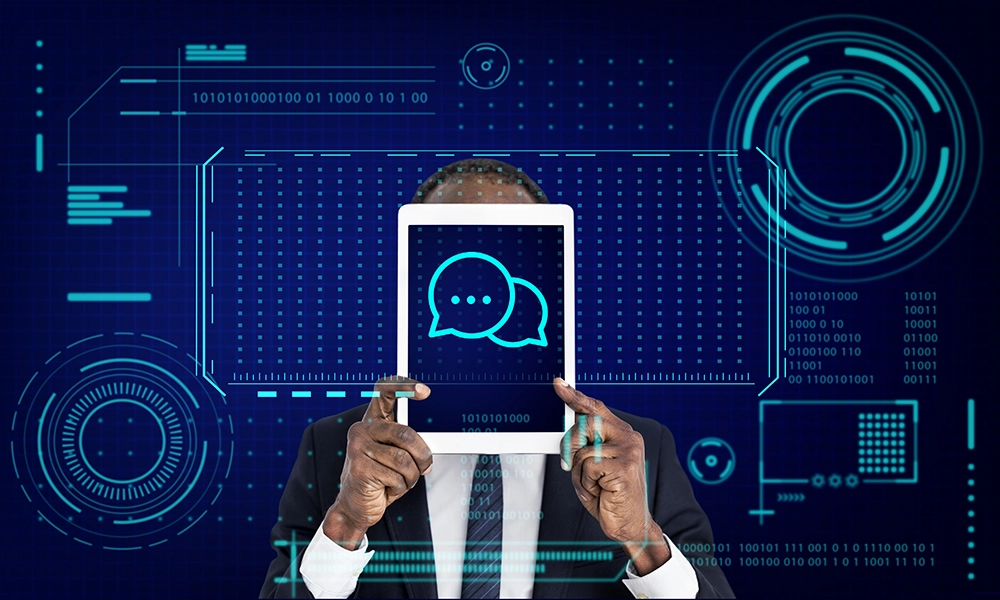
A language model developed by OpenAI, ChatGPT is based on GPT-3.5 architecture which is Generative Pre-trained Transformer architecture. It is trained on a massive database comprising of text, includung, articles, websites, and books to learn the structure, patterns, and relationships between words, and the nuances of language. When making predictions ChatGPT uses its unique technique named ‘attention’ to gauge the relative importance of various parts of the input.
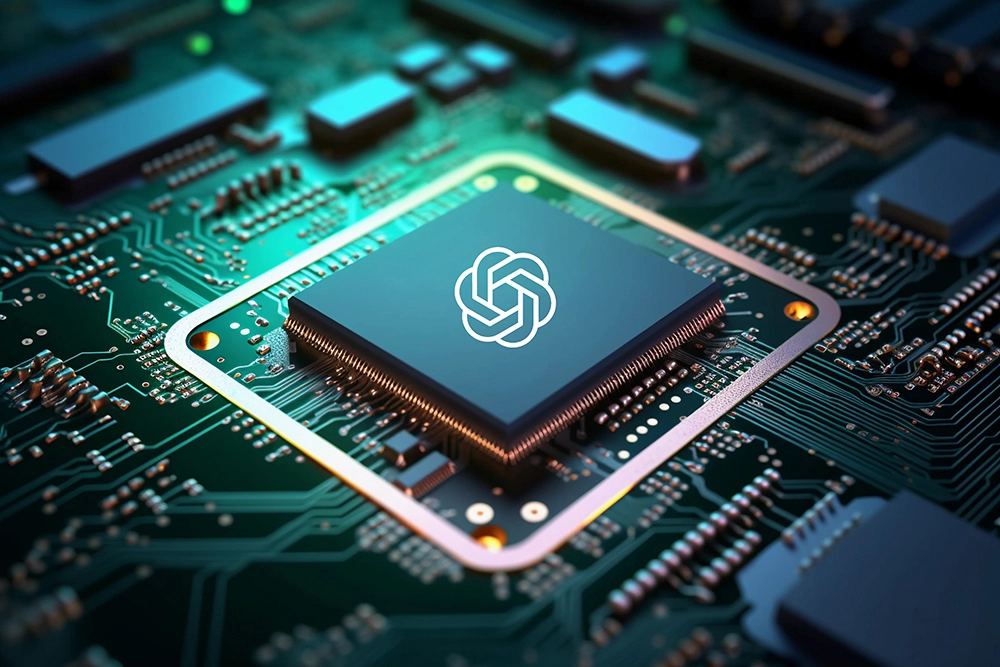
It thus focuses on specific phrases/words in the input and generate an appropriate response after understanding its meaning and intent.
By a seamless and customized utilization of ChatGPT into diverse areas, such as customer service, marketing, and recruitment, businesses can exponentially enhance their customer experience by making personalized interactions possible, and by delivering intuitive and intelligent responses to their queries.

Identify GPT use cases for your business
Seamlessly integrate GPT with your existing applications and website
Fine-tune GPT to provide accurate and enhanced results
Customize open-source architectures
Build inference engines
And much more
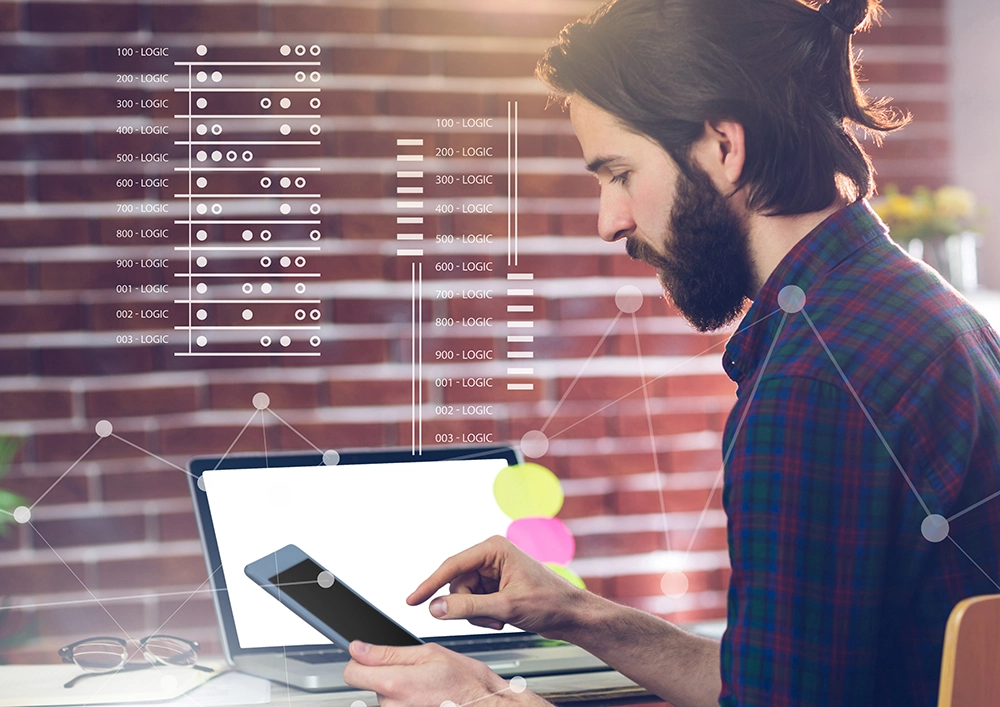
Answering common customer queries and complaints and assist in product or service-related issues throughout the day.
Analyse customer data, and make personalized recommendations to customers. Help compare products and track orders and thus enhance shopping.
Generate templates for policy/legal documents, automate document creation process, summarize of insurance policies and plans and such.
Provide tailored lessons and summarize academic content for students.
A detailed set of usecases of this industry is given below.
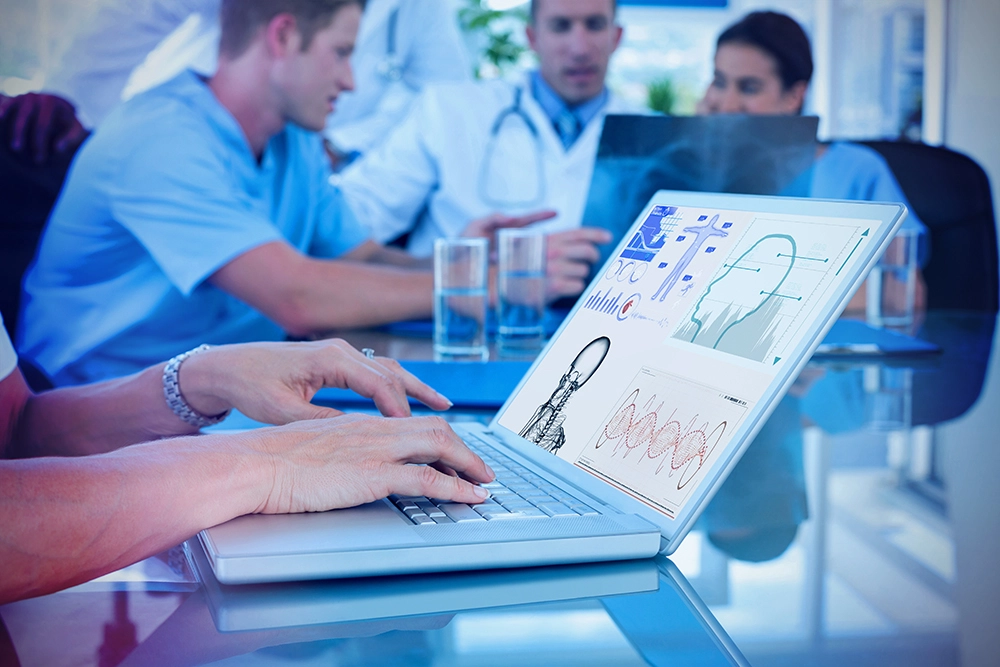
Language translation services and enabling access to healthcare information for those with language barriers.
Medical information and guidance to patients in remote or underserved areas with limited healthcare resources.
Reduce wait times for patients by answering FAQs, triaging patients, and scheduling appointments. This would reduce the burden on healthcare professionals and improve patient access to care.
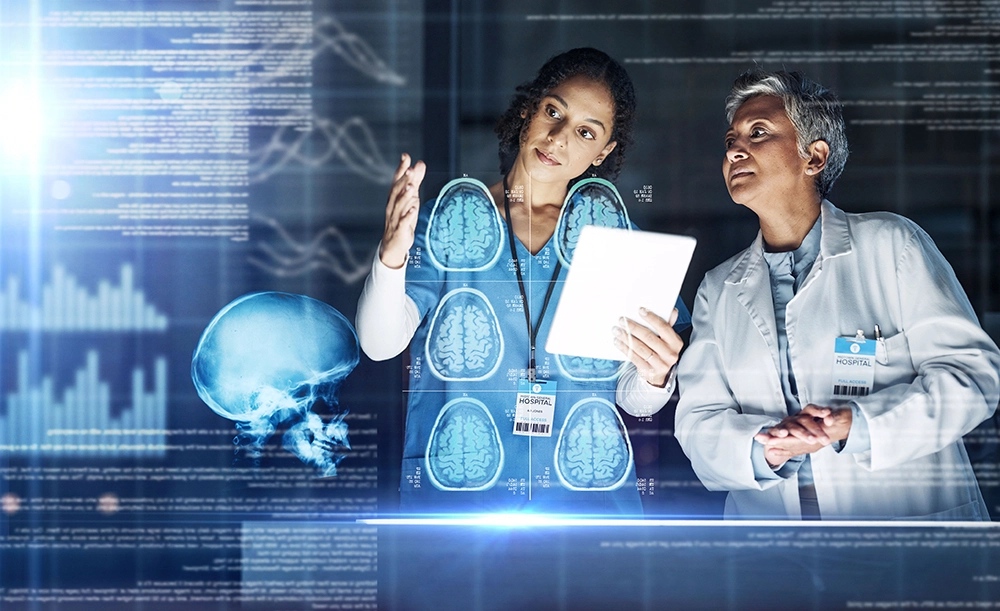
Streamlines the acute diagnosing process by enabling patients to properly understand the symptoms of various health conditions. Analyses large amounts of medical records, diagnostics, and patient histories using NLP capabilities quickly and helps patients garner relevant information from unstructured data.
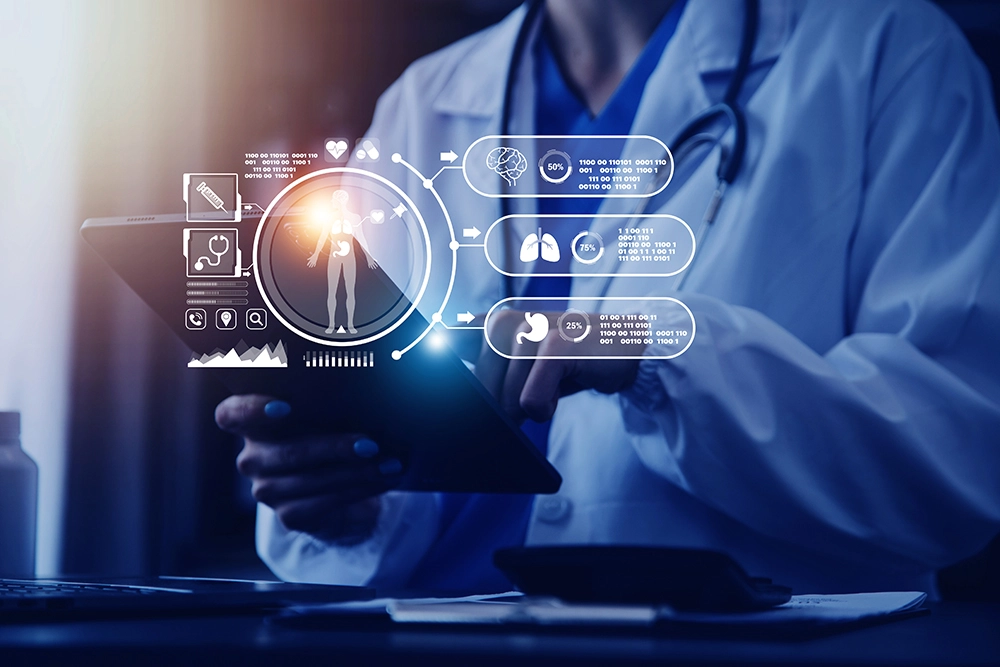
Personalized healthcare is the future of medicine, and getting personalized recommendations based on medical history, lifestyle factors, and genetic information has become so convenient.
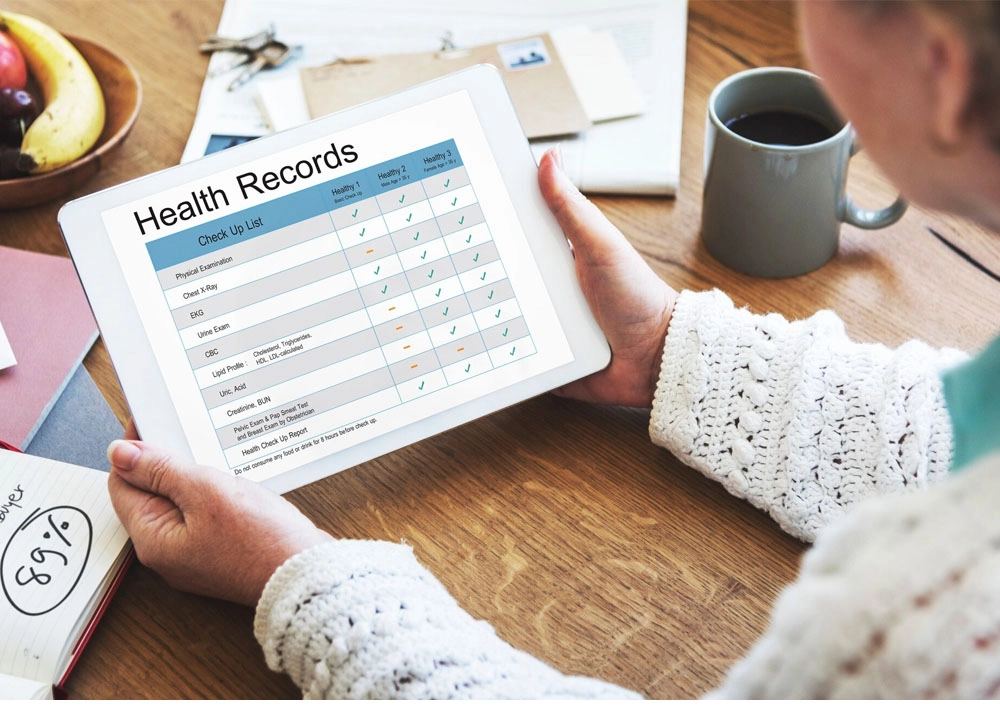
It plays a vital role in improving the overall medical experience by condensing relevant information, summarizing complex medical papers, and providing concise summaries for quick reference. It thus enables researchers, doctors and other healthcare professionals as well as patients to stay informed about the latest advancements in the healthcare sector.
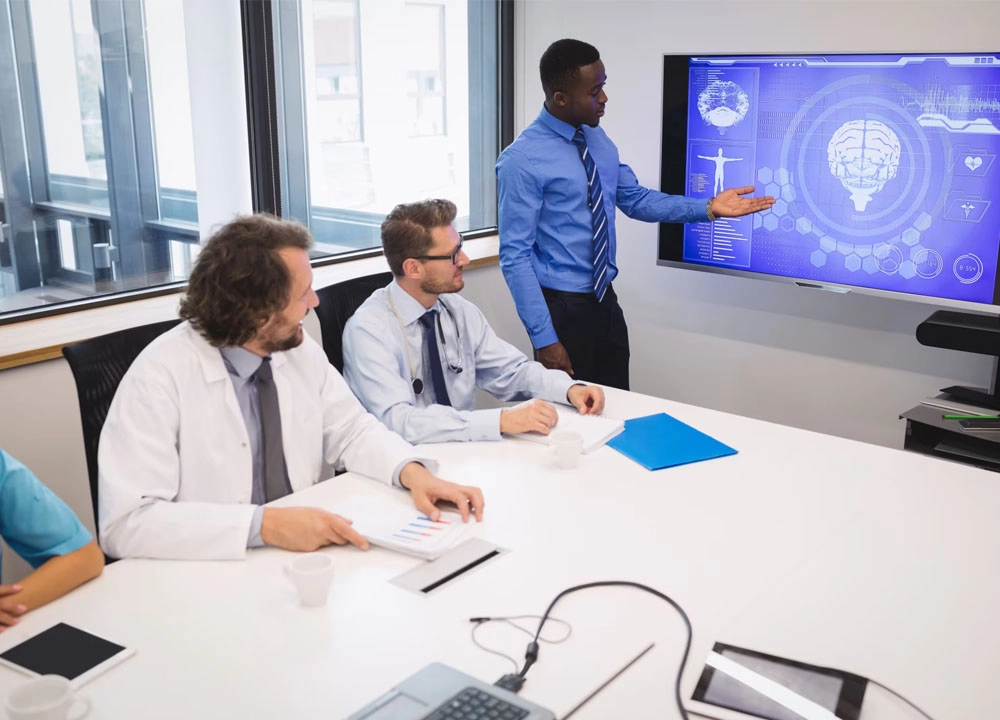
It acts as a virtual health coach and delivers enhanced clinical decision support by analysing patient data and medical literature. Patients would have access to latest medical research, treatment options, and clinical guidelines under the supervision of healthcare professionals. This results in minimal diagnostic error possibility, which is critical for high-quality patient care.
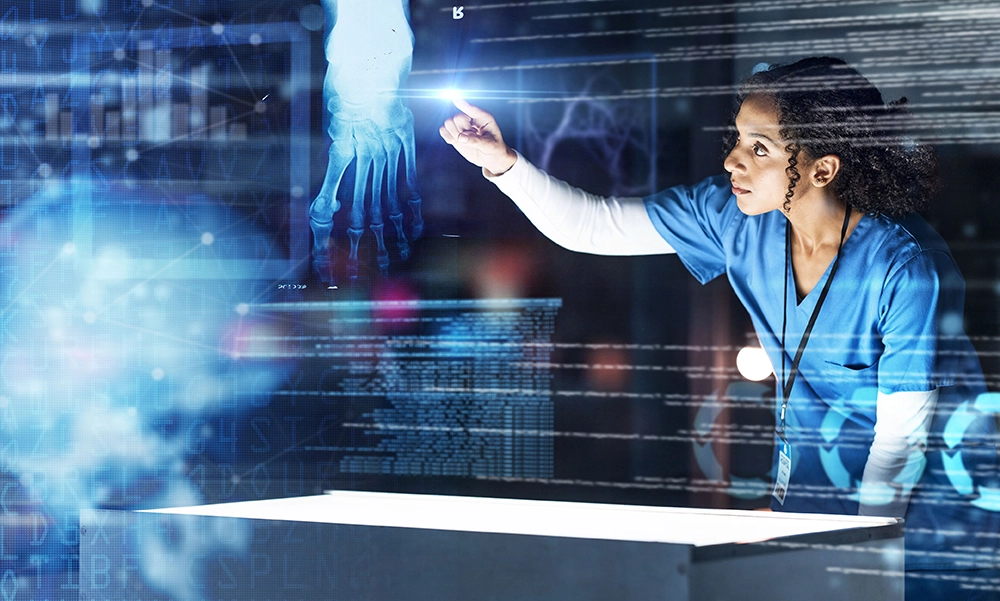
Biomedical research is a critical area of the medical field involving the study of biological and medical processes with the objective of making significant improvements in the diagnosis, treatment, and prevention of diseases. ChatGPT enables humans to extract meaningful information from relevant sources, including identifying disease biomarkers, predicting drug interactions, and identifying potential targets for drug development. This kind of data is required to create hypotheses and accelerate medical research, bringing new treatments to market more quickly.
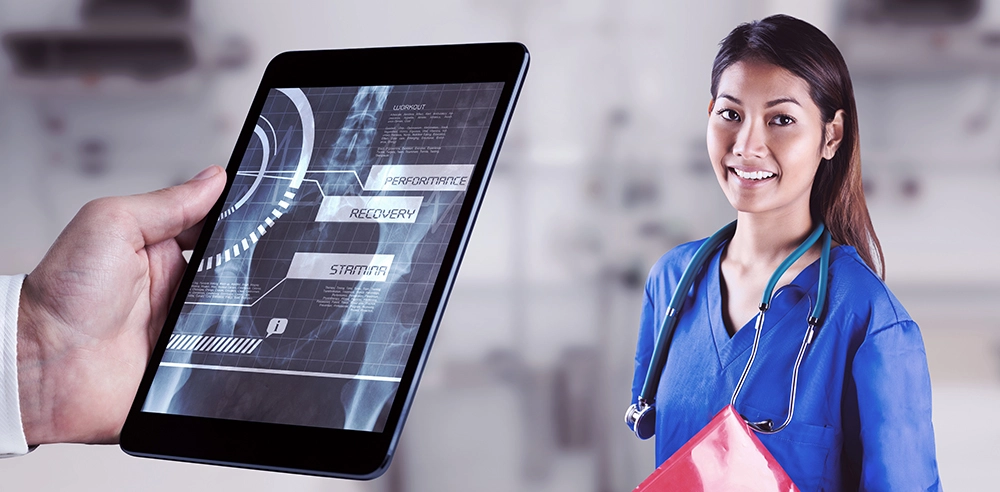
Everyone counts on intelligent medical question-answering systems from patients to medical practitioners and researchers, to access the latest medical information and best practices using the ChatGPT tool, users can get accurate answers to complex medical questions related to any particular medical condition or health treatment with minimal complexity of medical language. ChatGPT tones down the highly specialized medical terminology into layman's language and make it easy for non-medical people to understand as per the responses provided to meet the specific needs
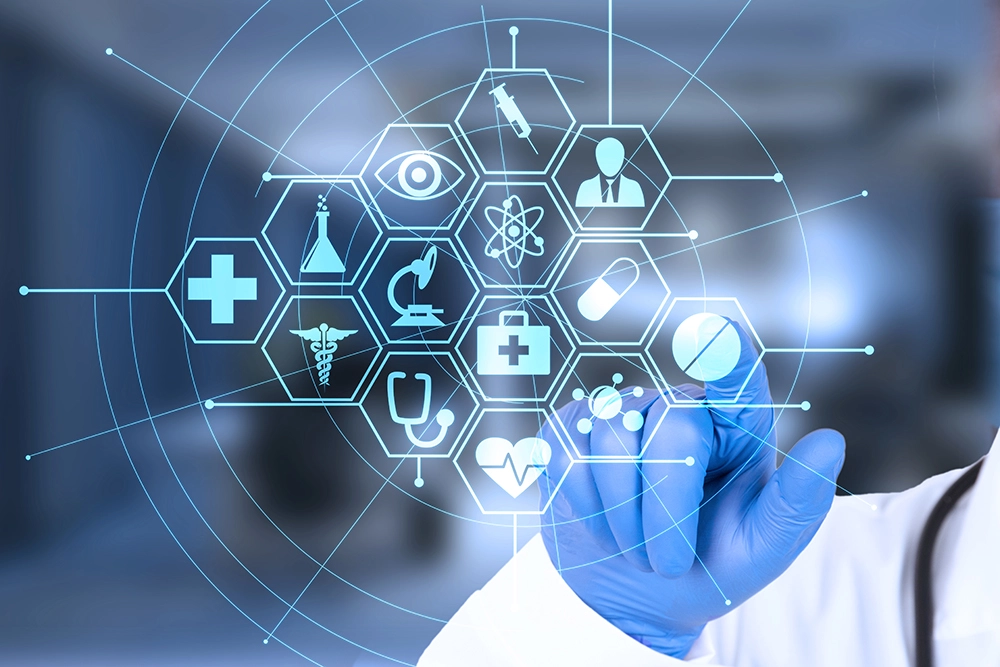
Rapid advancements in technology is revolutionizing the healthcare landscape. To thrive and survive, proper medical education is crucial for healthcare practitioners as it builds confidence and improves their capability of effective communication with patients in real-world settings. The use of AI in medicine, in particular ChatGPT, is becoming increasingly popular since it provides personalized and engaging learning experiences that cater to the unique needs of learners with real-time assistance.